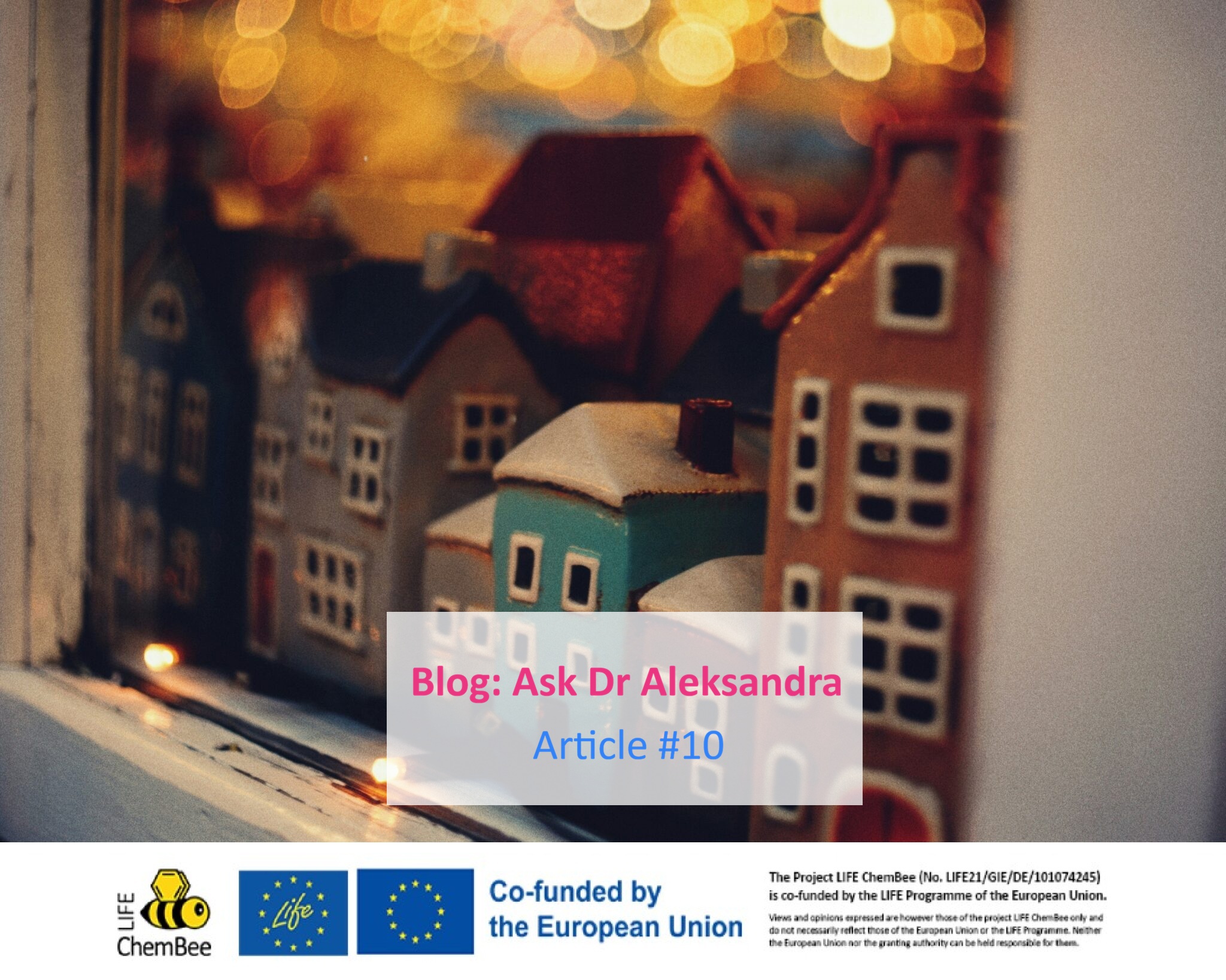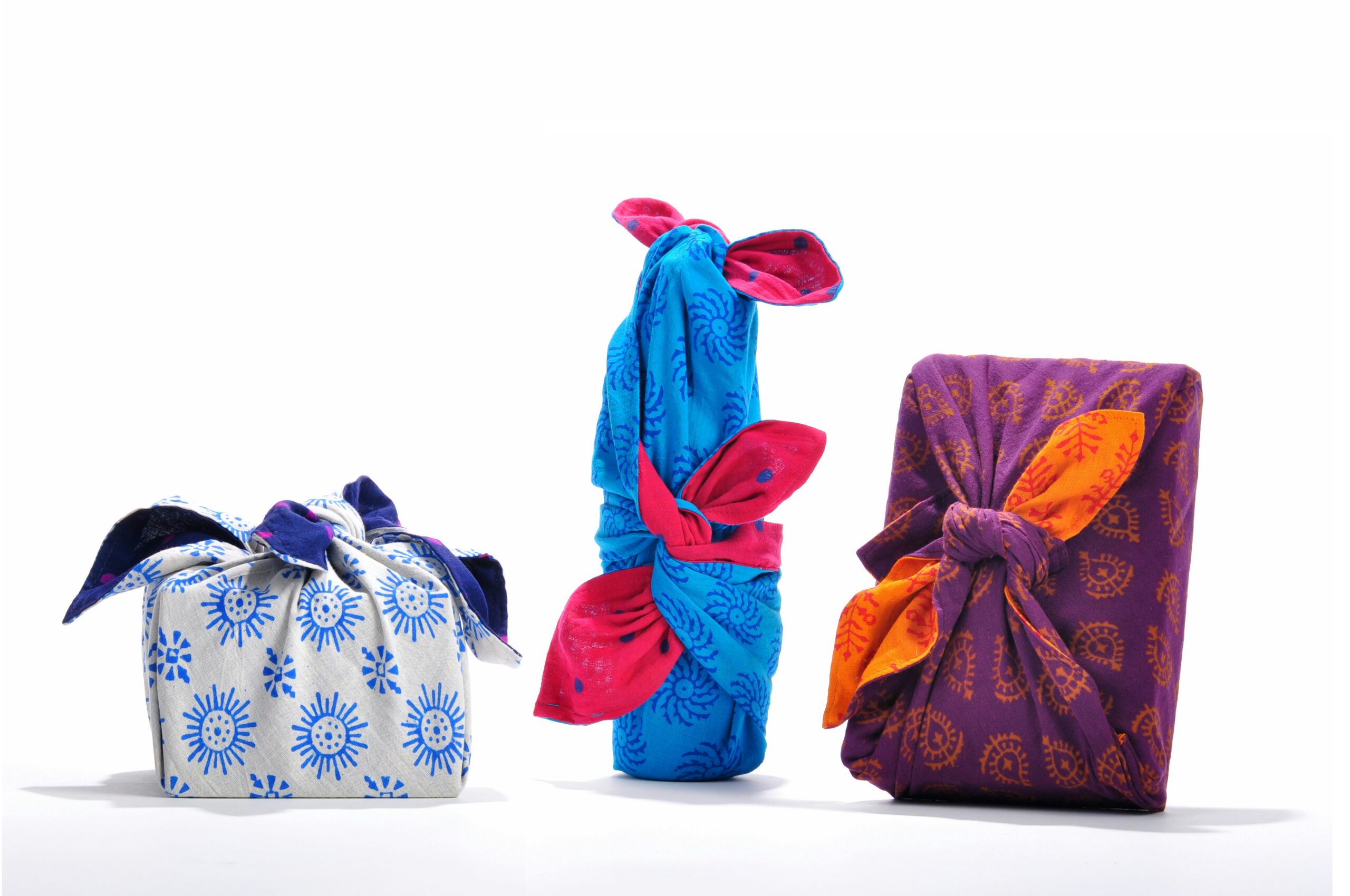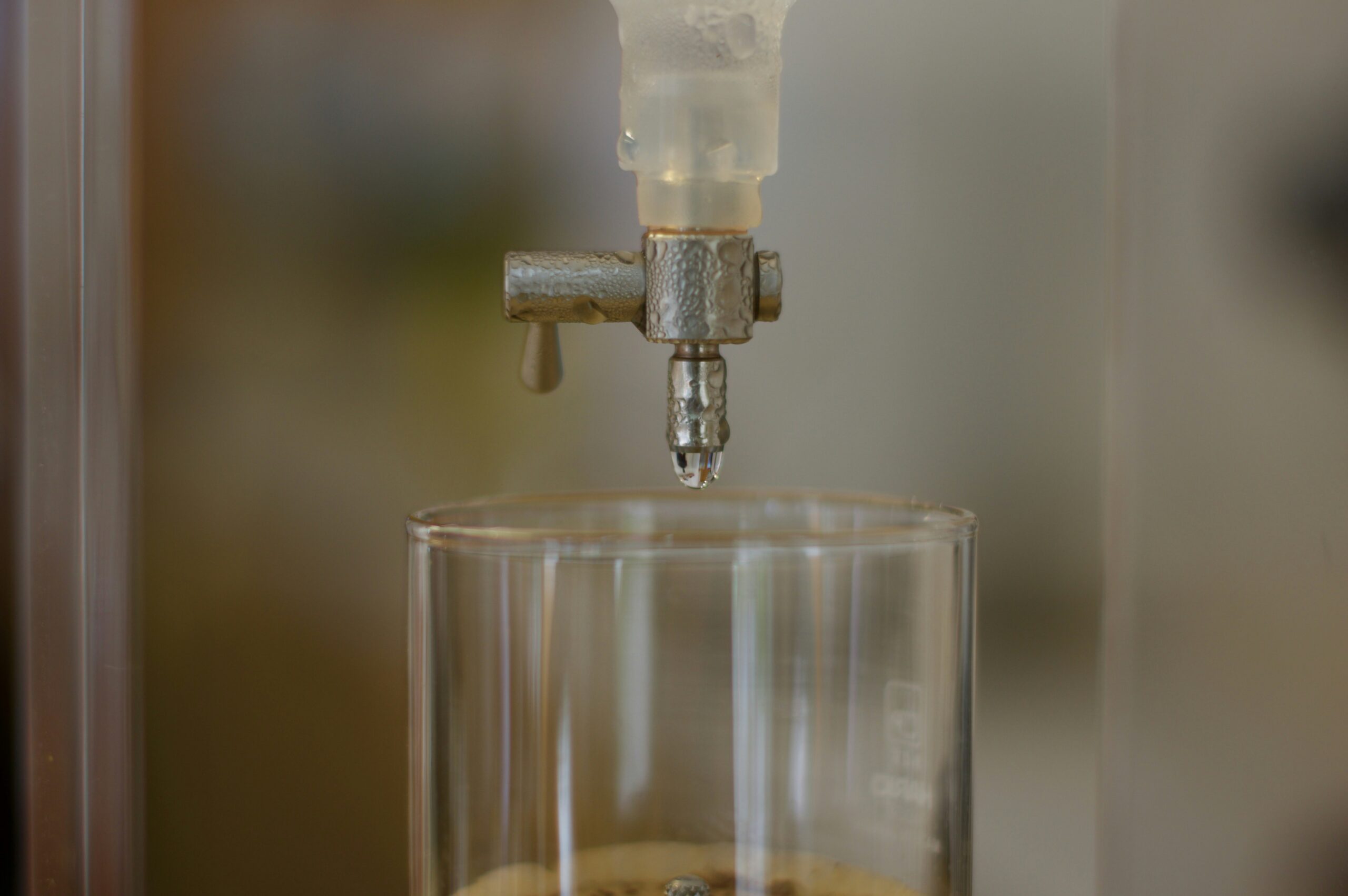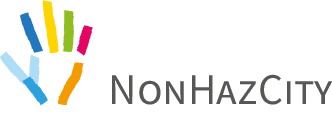LIFE ChemBee Ambassadors for Europe
Detoxifying European Households
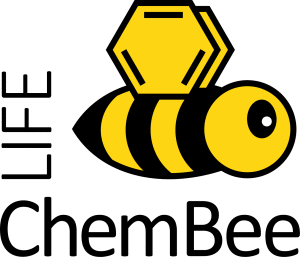
LONG-TERM EXPOSURE TO CHEMICAL COCKTAILS
We spend most of our time indoors. We are exposed to thousands of chemicals through the products we own or use on a daily basis. For many of them there is little scientific data on their health effects.
MANY HAZARDOUS CHEMICALS ARE RIGHT INSIDE YOUR HOME
Cleaning products, cosmetics and consumer goods release substances that end up in our bodies and the environment, sometimes causing irreversible damage. The key is to choose the products we surround ourselves with wisely. And make lifestyle choices that protect our health and save the planet.
Training Chemical Ambassadors
The driving force behind the project are volunteers who have been trained to become ‘LIFE ChemBee Ambassadors’. They learn about the hazardous substances commonly found in everyday products and interior materials, understand their impact on health and the environmental, explore safer alternatives, and are empowered to initiate changes in consumption and purchasing behaviour.
By mid-2025, the project had trained over 1,300 ambassadors. After training, the ambassadors conduct household checks with their family, friends or colleagues.
Take Action Against Hormone Disruptors
with the
CheckED
Web App!
Are you worried about hidden hormone-disrupting chemicals? The CheckED app is your personal ally! In just a few minutes, you can find out how much you are potentially exposed to harmful chemicals, and receive personalised results and practical recommendations based on your lifestyle.
Empower yourself to make informed choices for your health and the environment. Do a household check with the CheckED web app and
discover valuable, simple tips to create a healthier, cleaner environment for yourself and your loved ones.
CHECK YOUR EXPOSURE WITH THE CHECKED WEB APP
The LIFE ChemBee project adapted the CheckED web app, originally developed by several partners in the predecessor project NonHazCity (INTERREG). This tool engages directly with the key target group — consumers (end users). Ambassadors
and their communities survey the products and materials in their homes, bring them together, decide what to change, and then monitor the progress of these changes.
The tool has been tested and used by more than 7,000 households across most EU member states.
The Eco-Supporters
The In-House Eco-Support Operating Model for Public Institutions
In parallel, the Ekotuki (Eco-Support) operating model — developed to raise awareness of hazardous chemicals and promote smart chemical management among municipal employees in Finnish public organisations — was replicated in Greece and France.
This replication had two main focuses: 1) training and activities related to the management of hazardous substances, and 2) the advancement of hazardous chemical training within the Finnish Eco-support network.
Conference ‘From Evidence to Policy: Towards a Toxic Free Environment’
Leading scientists, consumer advocates and policymakers gathered in Brussels for the conference ‘From Evidence to Policy: Toward a Tox free Living Environment’. They warned that exposure to endocrine disrupting chemicals in homes and
consumer products represents a silent but severe public health and economic crisis. New findings presented to over 65 participants by the LIFE ChemBee and the ToxFree LIFE for All projects as well as the EU Baltic Sea Interreg project
NonHazCity3 revealed widespread contamination of European households by complex chemical mixtures of hormone system disrupting substances (so called endocrine disrupters – EDCs) that contribute to chronic disease and impose enormous
health costs. Read more
here.
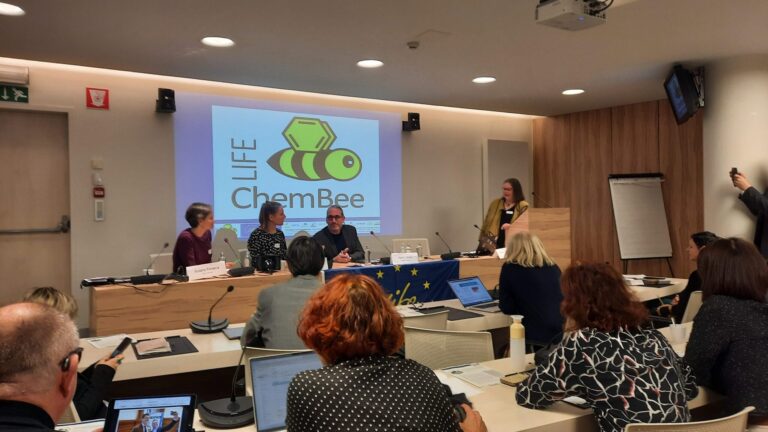
Are You Ready to Start?

Latest Blog Articles:
Dr Aleksandra Rutkowska is a scientist (biotechnologist with faculty of molecular medicine) and inventor.
Dr Aleksandra Olsson is a clinical dietician, scientist and an educator.


Blog Articles by Dr. Aleksandra
• Cozy Holiday Season, Clear Mind and Safe Hormones: A Scientist’s Guide to Low-Toxin Winter Living
• Cozy Autumn, Hidden Hazards: How to Keep Your Pets – and Yourself – Safe from Hormonal Cheaters
• Spring Detox: Cleanse Your Body from Plastic and Hormonal Cheaters in Just 3 Weeks
• One Health: How My (and Your) Daily Choices Can Shape Human, Environmental and Wildlife Health
• Empowering Prevention: How Knowledge of Endocrine Disruptors Can Help Reduce Breast Cancer Risk
The project LIFE ChemBee (No. LIFE21/GIE/DE/101074245) is funded by the LIFE Programme of the European Union. Views and opinions expressed are however those of the project LIFE ChemBee only and do not necessarily reflect those of the European Union or the LIFE Programme. Neither the European Union nor the granting authority can be held responsible for them.
PROJECT INFO: • Reference: LIFE21-GIE-DE-LIFEChemBee/101074245 • Start Date: 01/10/2022 • End Date: 31/03/2026 • Total Budget: 1,999,645 € • EU Contribution: 1,199,787 €

Project Partners

BEF-DE was founded in Hamburg in 2003 as a non-profit association and chairs the “BEF Group”, an international network with offices in Riga (Latvia), Tallinn (Estonia) and Vilnius (Lithuania). BEF-DE has 18 years of experience in developing and managing projects, mainly funded by the EU. Since its foundation BEF-DE has implemented 45 projects (250 for the whole BEF group) in the fields of chemicals and waste management, water quality, nature, species and marine protection, energy efficiency, sustainable mobility and climate change.

Established in 2004, ECOCITY is an association whose mission is to set standards and ensure the promotion and adoption of best practices in environmental protection in Greece. ECOCITY has participated in the LIFE AskREACH project, organised one of the pioneering conferences on the circular economy in Greece and provides advice to municipalities on planning their circular economy roadmaps.

Established in 2015, ZERO focuses on both policy advocacy and projects that can help show that alternatives are possible. ZERO has been involved in the LIFE AskREACH project and is a member of several working groups of international organisations such as Zero Waste Europe and the European Environmental Bureau (EEB), particularly on the topic of plastics and chemical pollution.

RES was created in 2009 with the aim of putting Environmental Health at the heart of public policies. Its first campaign led to the banning of Bisphenol A in baby bottles in France and in the European Union as a whole. RES’s action also led to the banning of perchloroethylene in dry cleaners, the adoption of the National Strategy on Endocrine Disruptors, and the charter for Cities and Territories without Endocrine Disruptors.

Founded in 1982, G2000 is the leading Austrian environmental organisation with 60,000 members. G2000 has extensive experience in coordinating projects with different partners and stakeholders in international campaigns.

Turku UAS is a higher education institution of 12,000 experts, researchers, students, faculty members and teaching professionals. We create solutions for a better tomorrow – both regionally and globally. Our graduates are practice-oriented professionals with top competencies. Turku UAS Water and Environmental Engineering research groups one focus area is hazardous substances and the group e.g. works with identification of pollutant sources and pathways in urban water cycle and it organises training on hazardous substances management for different target groups.
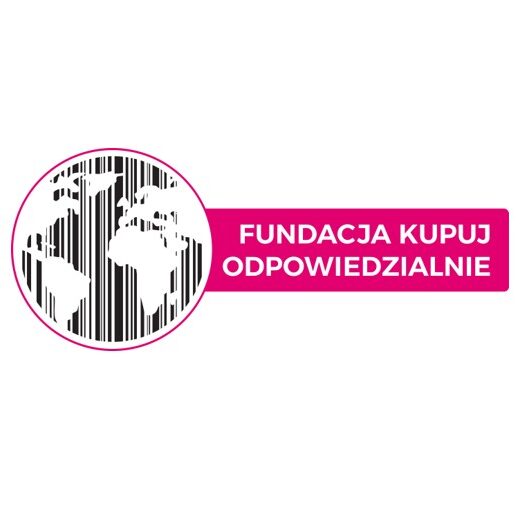
FKO (eng. Buy Responsibly Foundation-BRF) is a Polish organisation that has focused on ethical and ecological alternatives since 2002. FKO implements information and education projects for consumers, companies, media, decision-makers, teachers, pupils and students etc.

Founded in 1994, the Swedish Consumers’ Association is a federation of 21 member organisations in Sweden. We represent the interests of Swedish consumers at national, regional and international level. We are active members of the European consumer organisation BEUC, Consumers International and ANEC – the European Consumer Voice in Standardisation.

DetoxED, a pioneering start-up founded in Gdansk, Poland, in 2016, that provides solutions for determining the presence of endocrine disruptors, estimating exposure and providing individual recommendations for reducing it. This project uses the advanced CheckED application, developed by DetoxED within the LIFE ChemBee and Interreg NonHazCity 3 projects, to empower individuals with science-backed insights for a healthier, toxin-free life.

Yesil Cember has been training Turkish and Arabic speakers to become environmental and food ambassadors for almost 15 years, has run projects with many households on environmental topics (energy saving, waste reduction, healthy eating) and has extensive experience in developing educational materials and courses.

Arnika is an association founded in 2001 that focuses on the fight against chemical pollution, both industrial and from everyday products. Arnika has a strong policy advocacy activity and regularly carries out chemical testing of consumer products.
